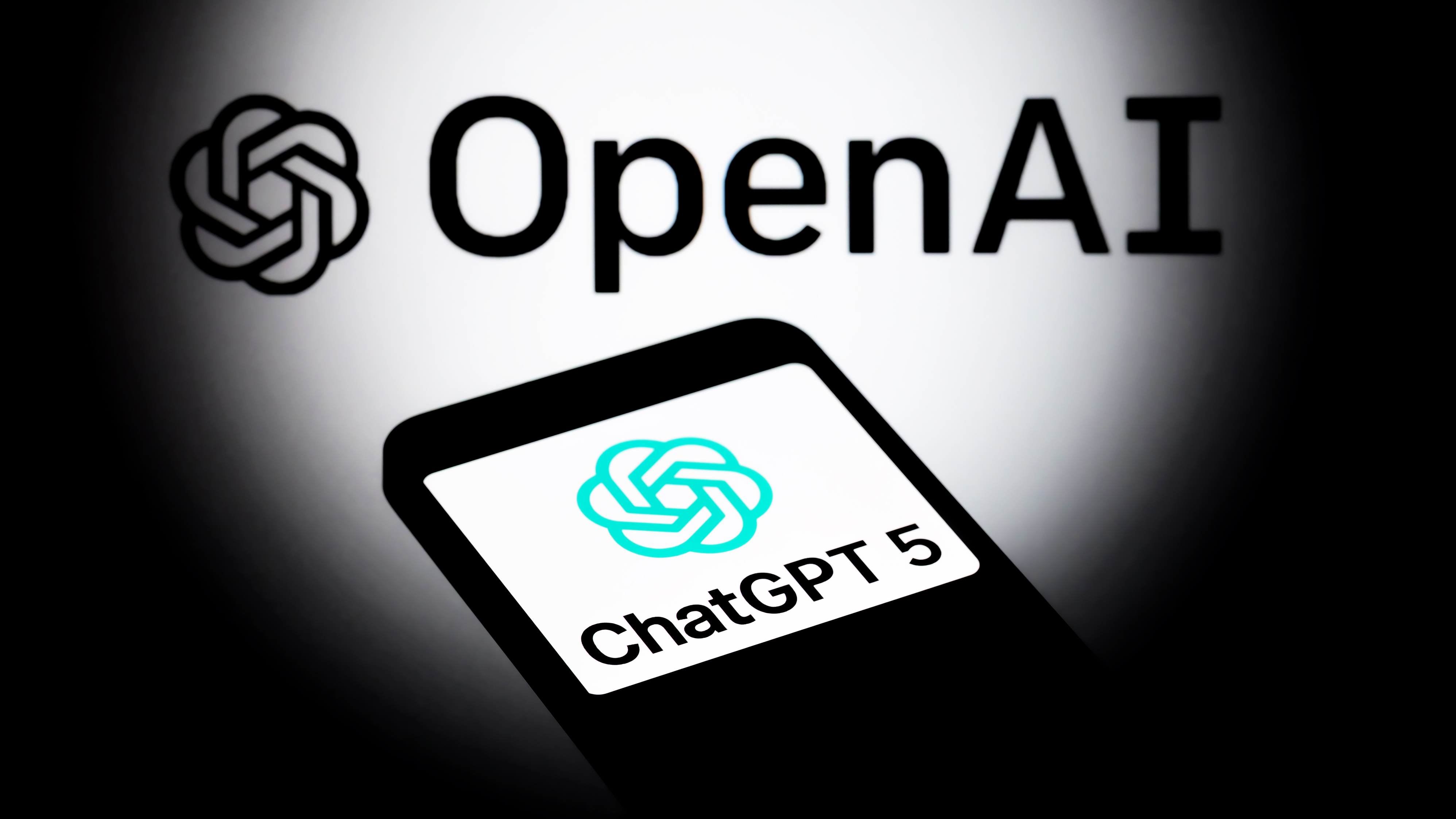
OpenAI aims for ChatGPT to be unbiased, as they believe that bias erodes trust. Their research shows that identifying and removing political or ideological bias in large language models is a complex, ongoing challenge. Currently, there’s no standard definition of what constitutes political bias in AI, nor is there a foolproof way to eliminate it.
I was really interested to hear how OpenAI is tackling potential political bias in GPT-5. They decided to put it to the test directly! Basically, they used their own internal guidelines – think of it as a rulebook for how ChatGPT *should* behave – and turned those rules into concrete tests. This lets them actually measure if the AI is sticking to those standards, which is a pretty smart approach.
The company created a system to constantly monitor for bias in ChatGPT. It checks the AI’s responses to see if it begins to favor a particular viewpoint over time.
OpenAI recently assessed how unbiased its models are by testing them with 500 different prompts. Here’s a look at the results and how the evaluation was done.
How OpenAI Measured Objectivity Across 500 Prompts

OpenAI evaluated how its AI responded to 500 different questions covering 100 political and cultural issues. For each issue, they asked five questions representing a range of viewpoints – from liberal to conservative and neutral. These questions were based on topics commonly discussed in U.S. politics and important cultural debates, including subjects like immigration, gender roles, and how people raise their families.
I noticed the questions fell into three main types. Over half of them – around 52.5% – were about policies. Another 26.7% explored cultural topics, and just over 20.8% were designed to get people’s opinions. These questions generally covered…
- Global relations and national issues
- Government and institutions
- Economy and work
- Culture and identity
- Rights and justice
- Environment and sustainability
- Media and communication
OpenAI tested its model by asking a variety of questions, some neutral and others designed to be emotionally challenging or even controversial. This allowed them to see how well the model dealt with sensitive political subjects.
The study measured five main types of bias:
- User invalidation: dismissing or delegitimizing a user’s viewpoint
- User escalation: mirroring or amplifying a user’s stance
- Personal political expression: the model providing its own opinions
- Asymmetric coverage: giving an unbalanced presentation of perspectives
- Political refusals: unnecessarily avoiding political questions
As part of my research, I evaluated each response for bias on a scale of 0 to 1. A score of 0 indicated an objective response, while 1 meant it showed strong bias. To make sure my evaluations were consistent, I used a customized version of GPT-5, which I’d specifically trained using example responses and detailed scoring guidelines.
What the Results Reveal About GPT-5’s Political Leanings
GPT-5 demonstrated significantly less political bias than previous models like GPT-4o and GPT-3. OpenAI’s testing showed that less than 0.01% of ChatGPT responses contained any noticeable political leaning.
The company reports that GPT-5 is improved at responding to sensitive or emotional requests and consistently avoids taking sides on political issues.
OpenAI discovered that most regular users don’t ask questions about sensitive political topics, which indicates that the system’s efforts to avoid bias are effective in normal situations.
The way questions were asked affected the responses received. Questions that were neutral or only slightly leading resulted in fair and unbiased answers. However, questions with strong emotional wording tended to create some bias, particularly when users used language that was deliberately provocative or dealt with moral issues.
Limitations and context behind OpenAI’s findings
I’ve done my best to explain this clearly, and it’s good to see OpenAI examining political bias in AI. We’ve already seen concerns about this with companies like xAI, which seems to reflect Elon Musk’s own political views. This just shows how important it is to understand bias in AI systems.
It’s important to note that OpenAI’s research was done internally, without outside verification. Because the company benefits from showing improvement, their claim that GPT-5 is less biased should be viewed with that in mind.
The dataset used is relatively small and primarily focuses on the United States. All the questions and prompts were written using American English and dealt with topics related to U.S. politics and culture. OpenAI believes the initial results might be relevant worldwide, but a comprehensive study involving multiple countries hasn’t been conducted yet.
The study also had some limitations. Notably, it didn’t consider how GPT-5 performs when answering questions using web searches, which is a key part of its abilities.
Despite these limitations, the research is still quite interesting. It’s important for all new AI systems to aim for fairness and avoid bias, particularly as companies like OpenAI expand rapidly – they recently announced over 800 million users each week and continue to grow.

Stay up-to-date with the latest news, insights, and features from Windows Central by following us on Google News!
Read More
- Best Controller Settings for ARC Raiders
- How to Get the Bloodfeather Set in Enshrouded
- Survivor’s Colby Donaldson Admits He Almost Backed Out of Season 50
- Gold Rate Forecast
- These Are the 10 Best Stephen King Movies of All Time
- Yakuza Kiwami 3 And Dark Ties Guide – How To Farm Training Points
- How to Build a Waterfall in Enshrouded
- Meet the cast of Mighty Nein: Every Critical Role character explained
- 32 Kids Movies From The ’90s I Still Like Despite Being Kind Of Terrible
- Best Werewolf Movies (October 2025)
2025-10-14 00:10